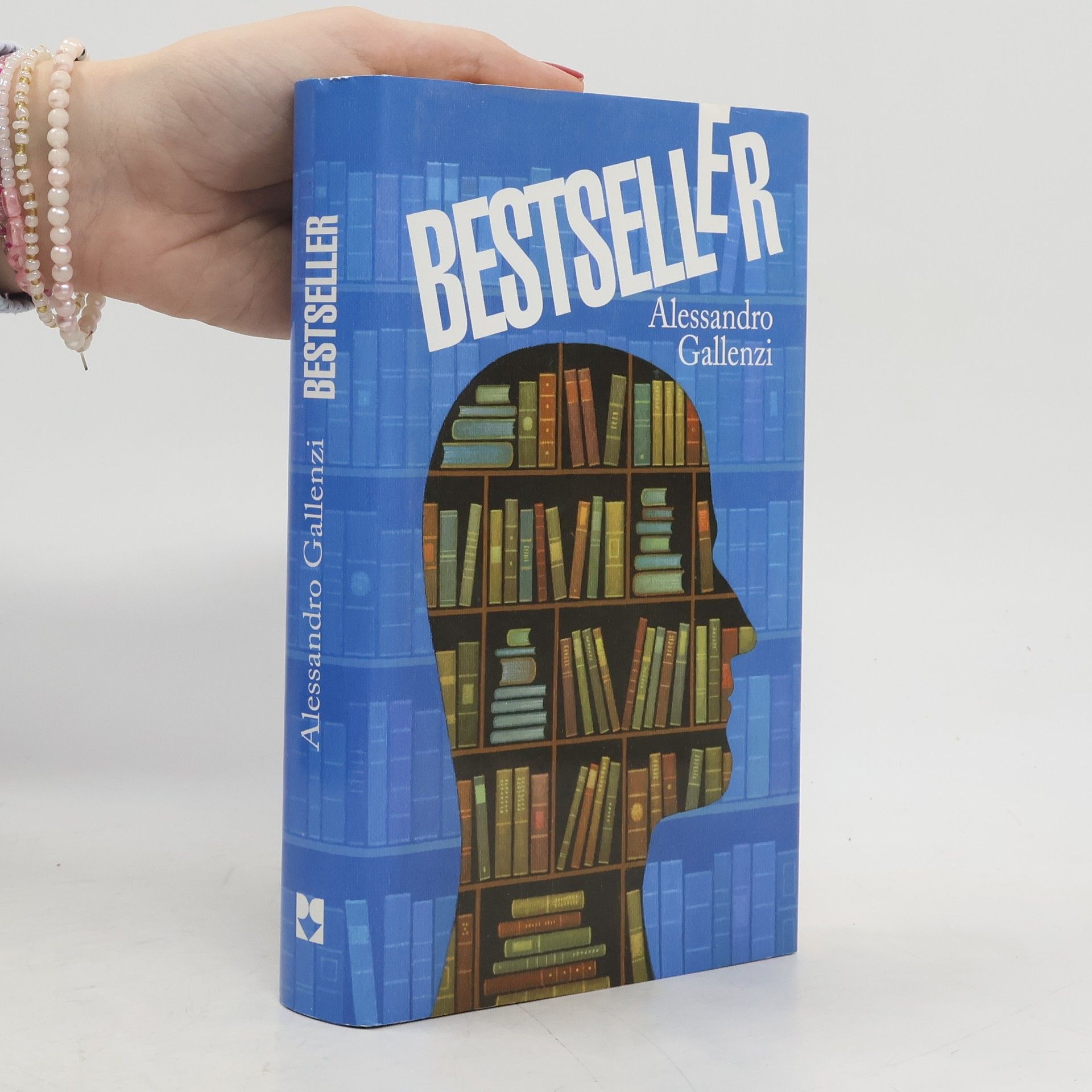On 17th September 1820, accompanied by his friend Joseph Severn, John Keats left London for Italy on board the Maria Crowther in a desperate bid to restore his health. Anguished at the thought of having to part, possibly for ever, from his fiancée and his friends, troubled by money worries and broken in body and mind, the young poet launched on his last journey on earth with both a sense of hope and a deep foreboding that his efforts would be in vain. Despite Keats's own assertion that by then he no longer felt a citizen of the world and was leading a “posthumous life”, his final five months were filled with events of great biographical interest, and deserve to be examined much more carefully. Using exclusively primary sources and first-hand accounts, Keats's editor and translator Alessandro Gallenzi has pieced together all the available material – adding newly discovered and previously unpublished documents – to help the reader follow the poet step by step from his departure and tumultuous voyage to Naples, through to his arduous journey to Rome and harrowing death in his lodgings by the Spanish Steps in February 1821. The result is a gripping narrative packed with detail and new revelations, one that invites us to strip away the Romantic patina that has formed over the story of Keats's short life, offering a wider picture that enhances our understanding of both poet and man.
Alessandro Gallenzi Livres
Cet auteur, traducteur, poète, dramaturge et romancier acclamé, est reconnu pour son large éventail littéraire. Ses œuvres explorent fréquemment de profondes émotions humaines et des questions sociétales complexes. Avec un sens aigu de la langue et un talent narratif, il enrichit le monde littéraire avec des perspectives uniques et une précision stylistique. Ses contributions littéraires sont significatives, et son écriture captive les lecteurs par sa profondeur et son impact.






Eine Jeans, drei Hemden, Unterwäsche, einen Pullover, eine Europakarte, Notizblock und Stift, zwei Bücher und ein Interrail-Ticket – das ist alles, was Francesco im Gepäck hat, als er sein Elternhaus in der italienischen Provinz verlässt. Irgendwohin soll die Reise gehen, einen festen Plan hat er nicht. Da schubst ihn das Schicksal in Form einer alten Dame direkt beim ersten Halt vor die Füße des liebenswerten Hochstaplers Pierre, der in seinem Sportwagen vor gleich drei Frauen auf der Flucht ist.
The Adventures of Pipì the Pink Monkey
- 108pages
- 4 heures de lecture
A rediscovered gem from Italian children literature, written by the author of Pinocchio, translated and expanded by Alessandro Gallenzi and illustrated by Axel Scheffler (the illustrator of the Gruffalo). Pipì isn't like his four brothers or the other young monkeys living in the forest of Hullabaloo: he has bright-pink fur, a mischievous character and a rebellious streak that lands him into all sorts of scrapes. In this story, an expanded version of Collodi's original tale, we see him lose his tail to an ancient crocodile, end up as a valet to a young master, fall into the hands of flying bandits and become emperor of a tribe of apes. Collodi wrote this story immediately after Pinocchio, and the little monkey's adventures present clear similarities, both in terms of themes and characters, with his more celebrated masterpiece. This rediscovered gem of Italian literature, beautifully illustrated by Axel Scheffler and preserving all of Collodi's trademark wit and linguistic crispness, will delight and enthrall a new generation of children.
Bestseller
- 268pages
- 10 heures de lecture
Jim Talbot, věčný smolař, jenž se svými literárními pokusy u nakladatelů ne a ne pochodit, je ochoten kvůli vytouženému úspěchu obětovat duši i nemocnou matku. Charles Randall naopak ztělesňuje svérázného starosvětského vydavatele, který byl právě „odejit“ po třicetileté službě kvalitní literatuře jen proto, že parta finančních šíbrů hodlá z jeho nakladatelství učinit ukázkově výdělečnou položku nesourodého podnikatelského konglomerátu. V ovzduší plném intrik se tito dva vášniví zastánci psaného slova tu a tam míjejí, ale nestřetnou. Prvotřídní britská satira, kterou autor pojal jako tragikomedii mravů, je zároveň zoufalou fraškou nakladatelského podnikání pronásledovaného „červenými čísly“ a věčným čekáním na bestseller. Gallenzi, jenž sám patří k hrstce bojovníků na poli nekomerční literatury, líčí s ironickou škodolibostí britský „jarmark marnosti“, pro nějž se kniha stala výhradně zbožím – vždyť průměrně se v této světové vydavatelské velmoci prodá od titulu pouhých třicet výtisků. Každý druhý Brit přitom touží napodobit autorku Harryho Pottera a sní o pohádkovém jmění, jež získá sepsáním vlastní knihy; mnozí kvůli tomu absolvují kurzy „tvůrčího psaní“ a pak spisují ostošest. Autorský úspěch na poli literatury je ovšem mimořádně vrtkavá záležitost, a stejně tak úspěch nakladatelský. Anglický humor a vtip zato konkurenci nemá. Vydání první
Un certo Lord Petre ebbe l’ardire di tagliare surrettiziamente un ricciolo di Lady Arabella Fermor – e il gelo calò fra le due famiglie. Finché un giovane e già celebre poeta ricevette il delicato incarico di scrivere un testo che contribuisse a rasserenare gli animi. Futile occasione, si direbbe: se non che l’artista interpellato era il beffardo e geniale Alexander Pope, «piccolo usignolo» della Chiesa cattolica nell’Inghilterra settecentesca. Così solleticato, Pope compose un poemetto che per inventiva, passionalità ed estro poetico tocca punte di epicità omerica: non per niente lavorava a quel tempo a una memorabile traduzione dell’Iliade. La sua, però, è una guerra in miniatura, incentrata sull’eterna, risibile guerra dei sessi, dove l’infinitesimale, come in un reame gulliveriano – lo ha notato Peter Ackroyd –, giganteggia: «houppettes, nèi, ciprie, bibbie, billets-doux» recita un verso. Inutile dire che Il ratto del ricciolo riscosse un immediato, immenso successo di pubblico e suscitò inviperite reazioni nella buona società. Ma Pope non era tipo da subire passivamente le rampogne. E per ribattere trovò la soluzione ideale: si sobbarcò alla – per così dire – pars deconstruens, e scrisse un commento che è una chiave di lettura ultratendenziosa della sua stessa opera nonché la satira di ogni pretesa interpretativa. Utilizzando argomenti «coerenti e inconfutabili», stigmatizzò la fobia papista che avvelenava il clima inglese, fustigò pedanti e petulanti – e inventò una nuova forma di autopromozione.